Chapter 16 (20, 21, 24)- The Ottoman-Habsburg Struggle and Western European Overseas Expansion
1/29
There's no tags or description
Looks like no tags are added yet.
Name | Mastery | Learn | Test | Matching | Spaced |
|---|
No study sessions yet.
30 Terms
The Ottoman Empire
Test Question: What rising empire during the mid-15th century was in Middle East, had the largest Navy, and is now known as Modern Day Turkey?
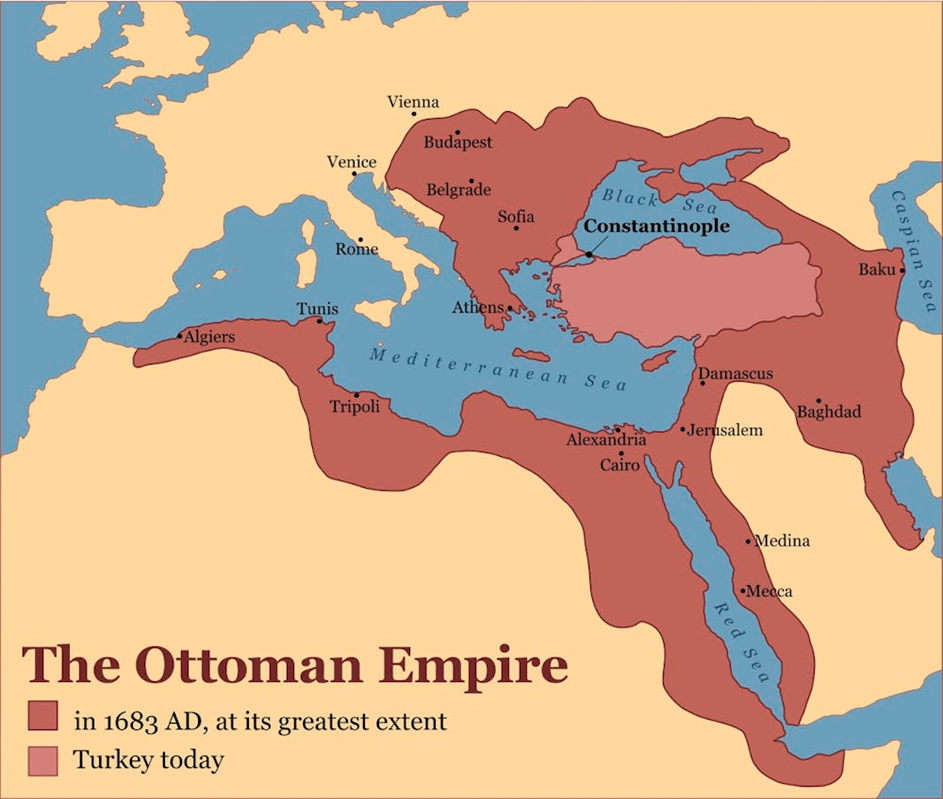
Revival of the Ottoman Caravan Trade
Ottoman authorities gained significant tax revenue from this
Vasco da Gama
Portuguese explorer. He was the first European to make the trip by sea to India by rounding Africa’s Cape of Good Hope (modern-day Cape Town)
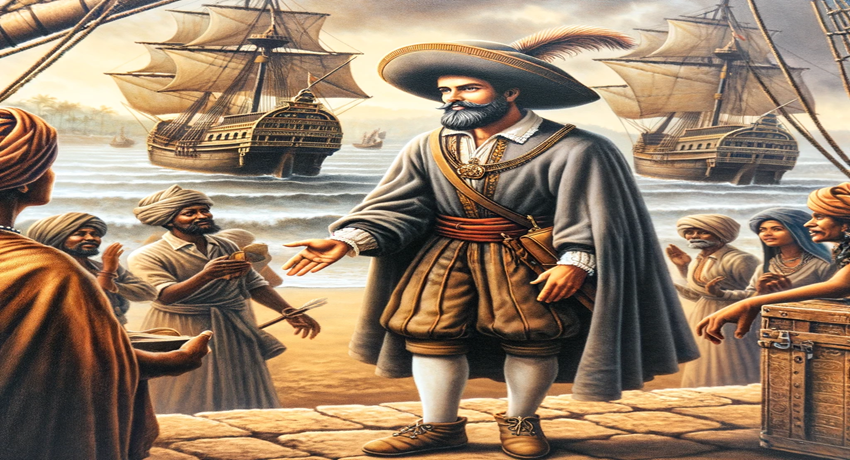
Spain
forced the natives to pay tribute by way of labor, goods, or gold
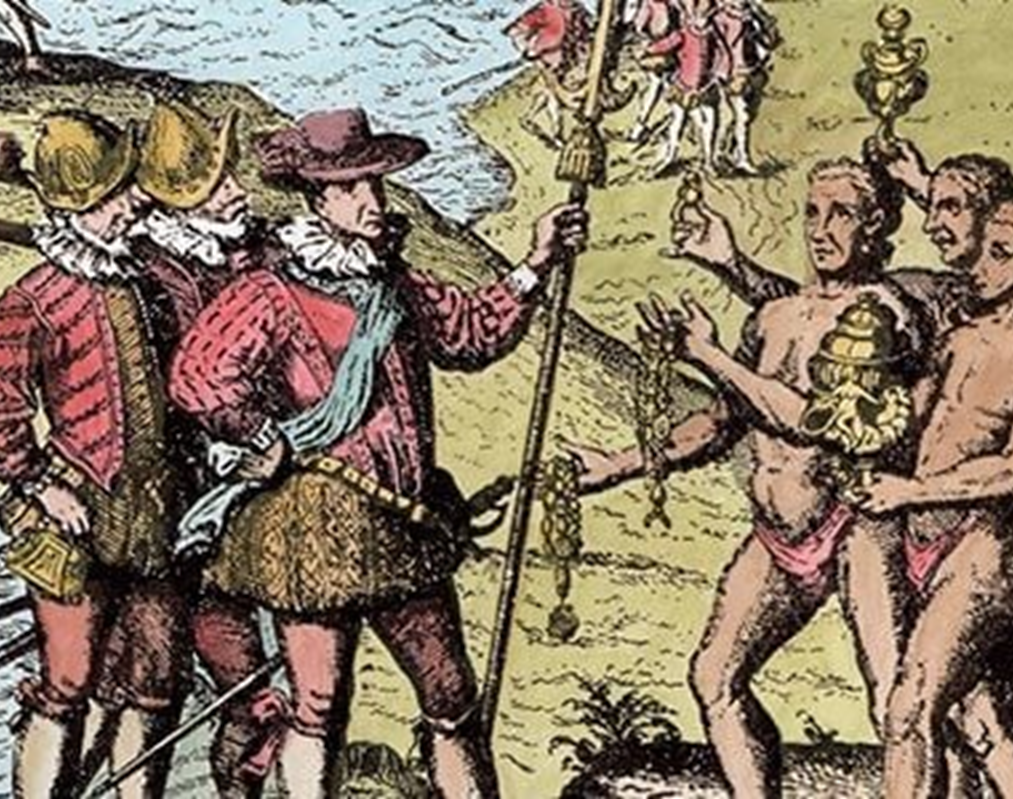
The Carrack & Caravel
Spanish and Portuguese sailing ships used the 15th and 16th centuries
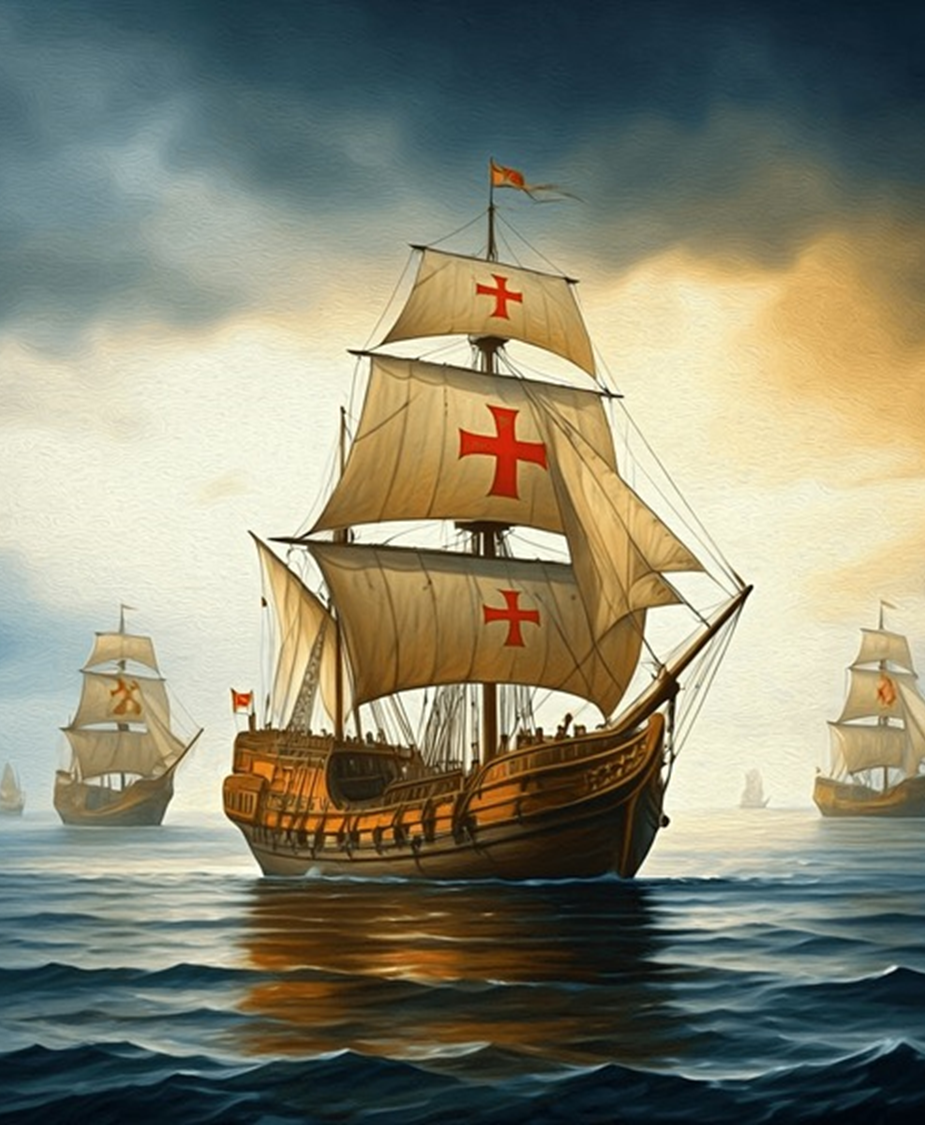
How were the Spanish and Portuguese able to traverse the ocean in light of the Ottoman Empire’s deep knowledge of it?
With the innovation of new technologies and discovery of new knowledge regarding Geography, Cartography, and Topography, the Portuguese were able to navigate the African Coast with ease
Creation of the compass and astrolabe (star chart) helped determine latitude
New artillery and weapons made conquering easy
Treaty of Tordesillas
carved up the “New World” into Spanish and Portuguese Spheres
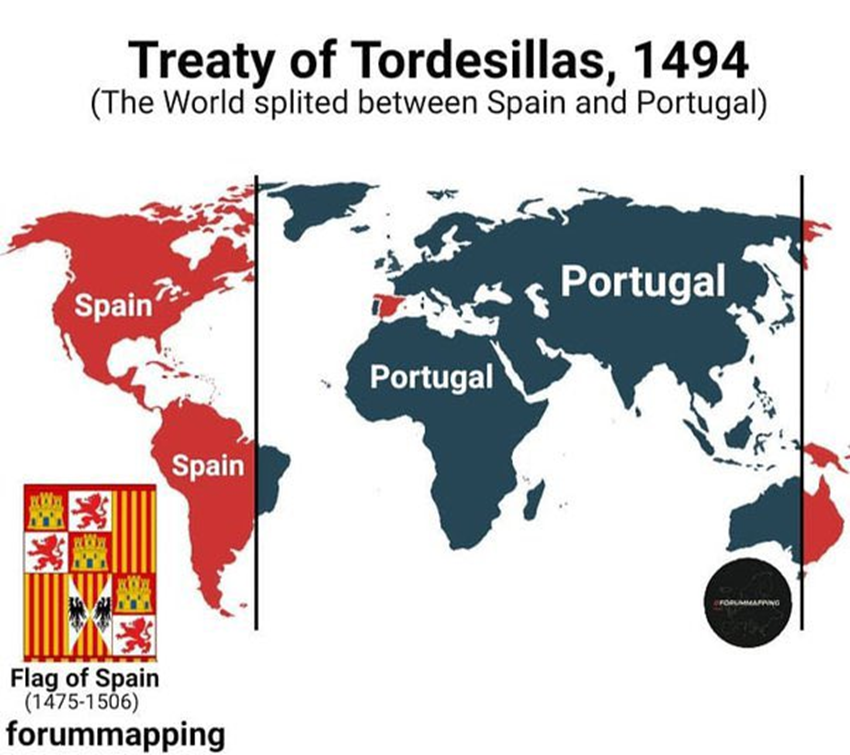
Sugar & Slavery (1)
Initial sugar plantations were on African Islands
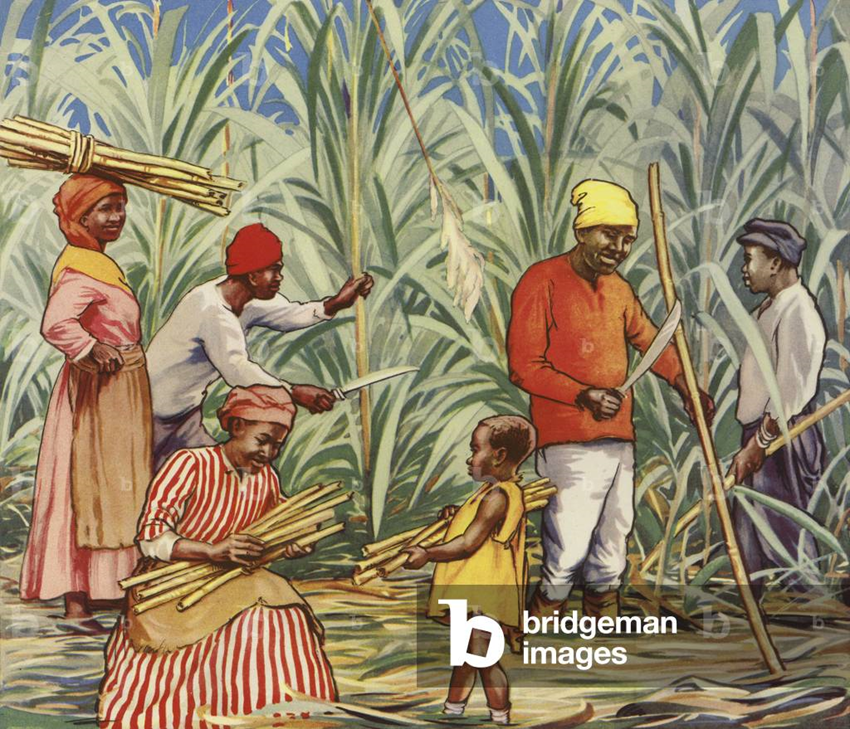
Sugar & Slavery (2)
Sugar was the most valuable export from the Americas (and silver)
Access to precious metals was an important gateway to enter the global market for Europe
Sugar & Slavery (3)
Sugar makes food more palatable and tasty, and black slaves are the “best” form of labor, given they were the most profitable labor and that the Natives died easily to European Disease
Martin Luther
A German monk & theologian. He made his name known by openly criticizing papal authority and the Catholic Church with his knowledge of the Bible
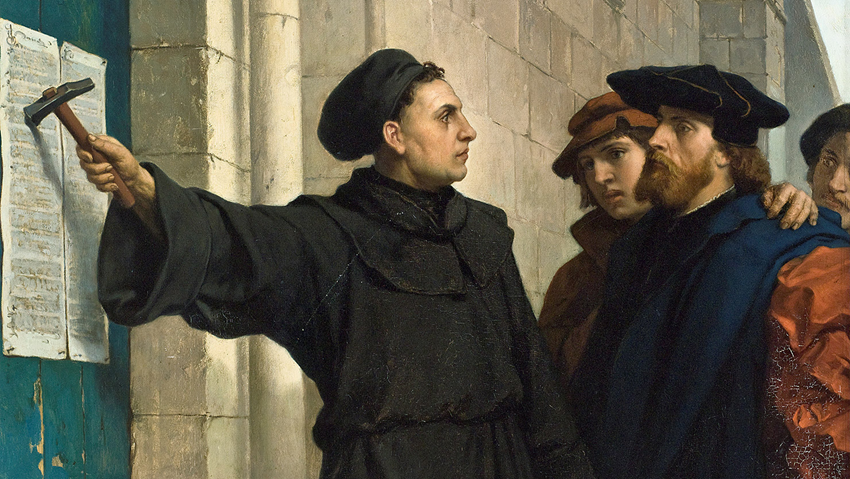
The “New” World
Columbus, while searching for a route by water to access Japan and China, encountered what historians would refer to as this term, based on the “untouched” land
Then began the exchange of people, plants, animals, and commercial goods between Europe & the Americas
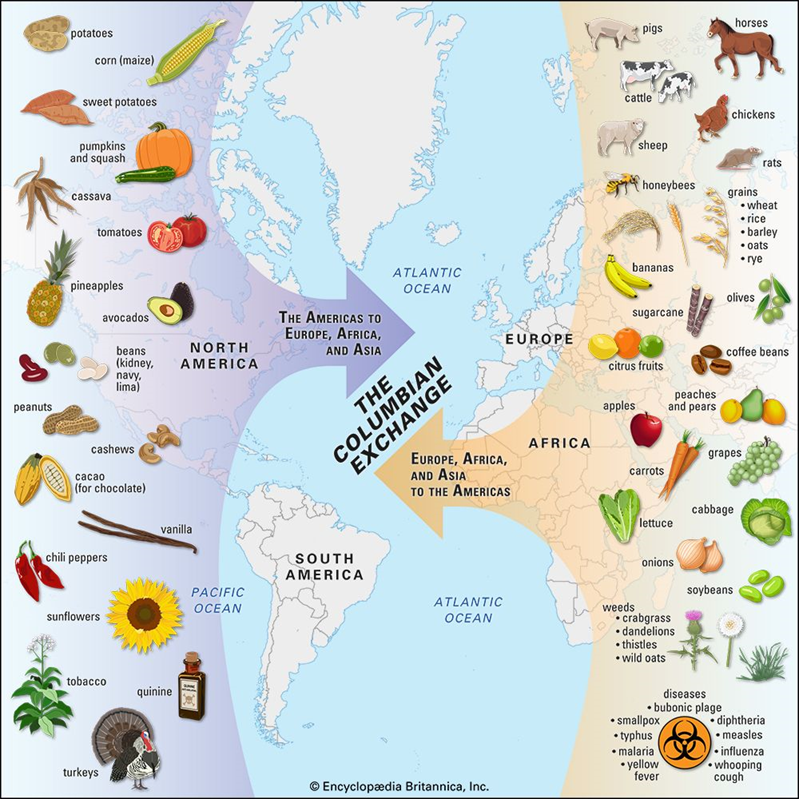
Transatlantic Slave Trade
Name of the journey enslaved Africans made to the Americas
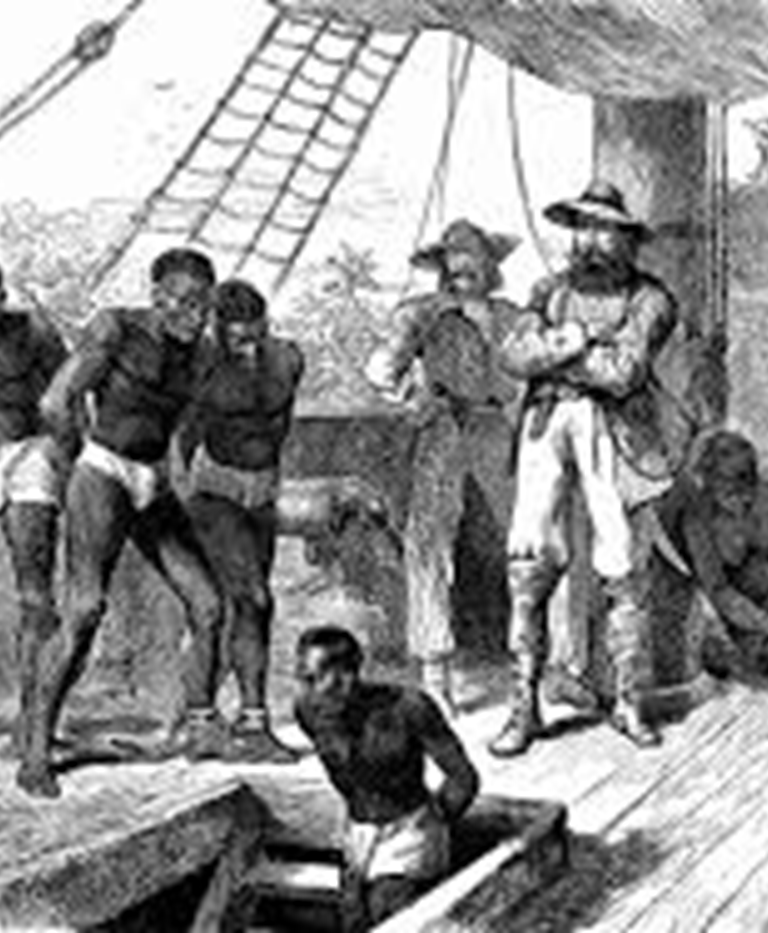
Biological Consequences
Natives were not immune to European diseases, so their onslaught brought on a massive population decline
Decimated up to 90% of the populace
Lack of Labor force from the Natives led to the large-scale introduction of Enslaved African Laborers
Agricultural Exchange from the New World
corn, tomatoes, beans, cacao, peanuts, tobacco, and squash
Agricultural Exchange from the Old World
cattle, pigs, and horses (livestock)
The Natives’ thoughts on the Europeans
They were impressed by their artillery, military prowess, and metals
Thought Europeans had bad hygiene
Scorned Europeans for being unable to live off the land
Why did the Aztecs lose to the Spanish?
The Aztecs lost because the Spanish fought to kill, while they fought to more for capture (did not totally destroy enemies)
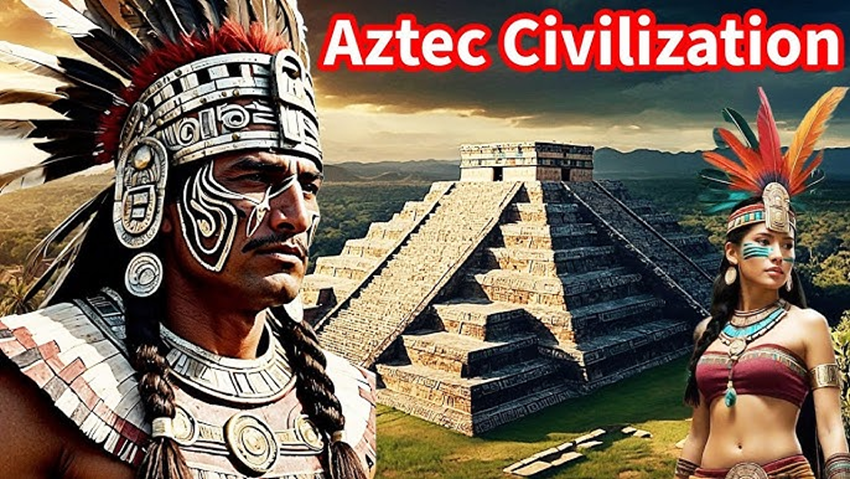
Tenochtitlan- Aztec Empire’s Capital (1)
Houses what is now known as Mexico City
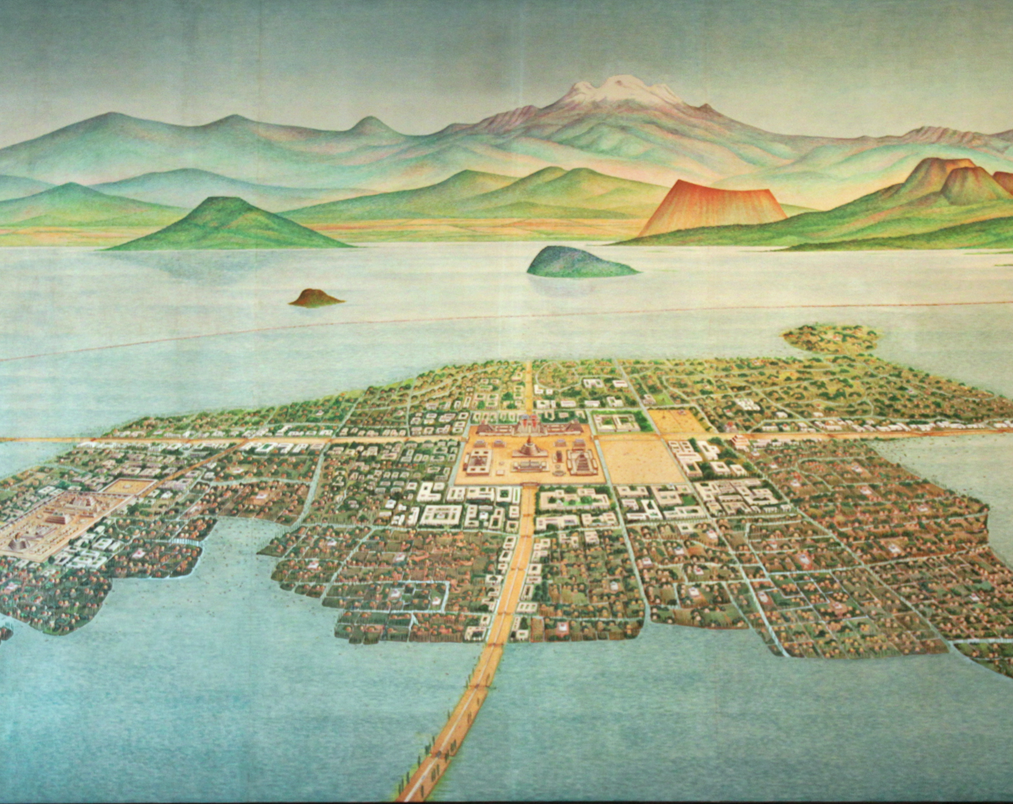
Tenochtitlan- Aztec Empire’s Capital (2)
Because it was an island, it was difficult to attack, and therefore the only place where the city could be built
Aztec Society (1)
Based around Tenochtitlan on Lake Texcoco
Aztec Society (2)
The Aztec Empire spread its influence through conquest & tributary states (states that pay taxes to the main monarchy). This brought great wealth but also much military instability
Hernan Cortez
Famous for his role in the destruction of the Aztec Empire in 1521
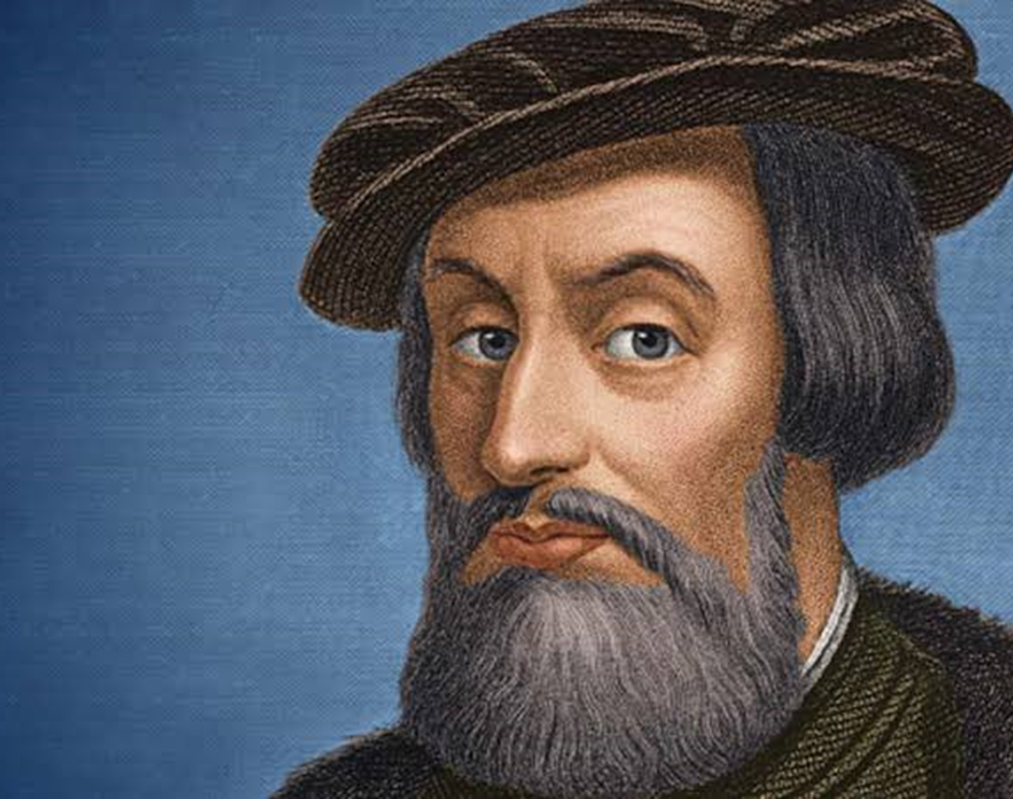
Why were the Spanish Able to Conquer the Aztecs? (1)
Aztecs did not have the same level of military prowess. Additionally, they were not familiar with the Spanish’s weapons & technology, such as gunpowder, steel swords, horses, or war dogs
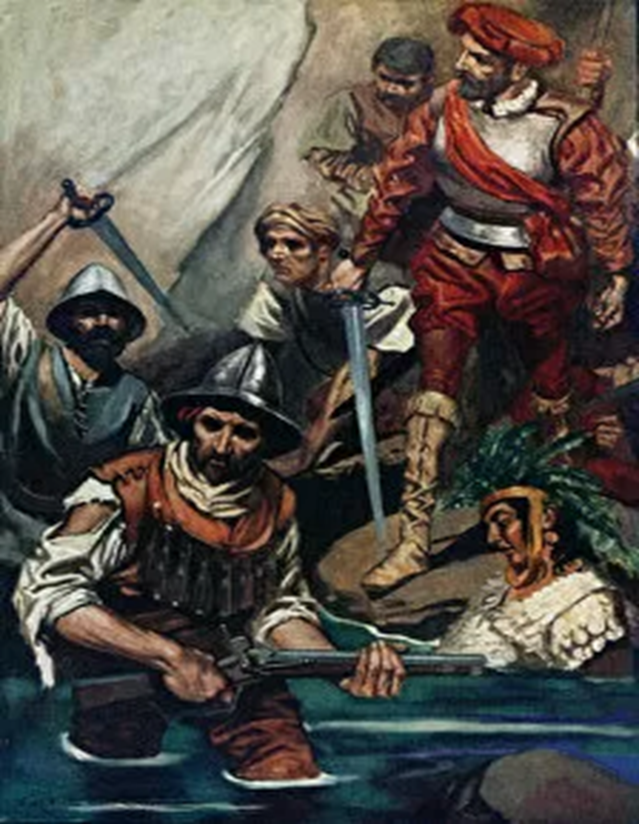
Why were the Spanish Able to Conquer the Aztecs? (2)
Starvation and debilitating disease (Smallpox), lack of artillery, and Cortez with his ability to form military alliances with the natives
Why were the Spanish Able to Conquer the Aztecs? (3)
MORE Aztecs died from disease than battle
Incas
Francisco Pizarro defeated the Incan Empire
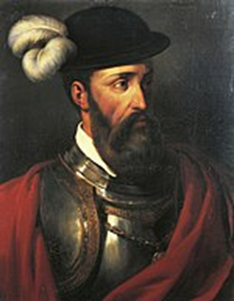
Mughal Dynasty (1)
Established in 1526. One of the world’s wealthiest & most powerful empires due to its sizable military strength
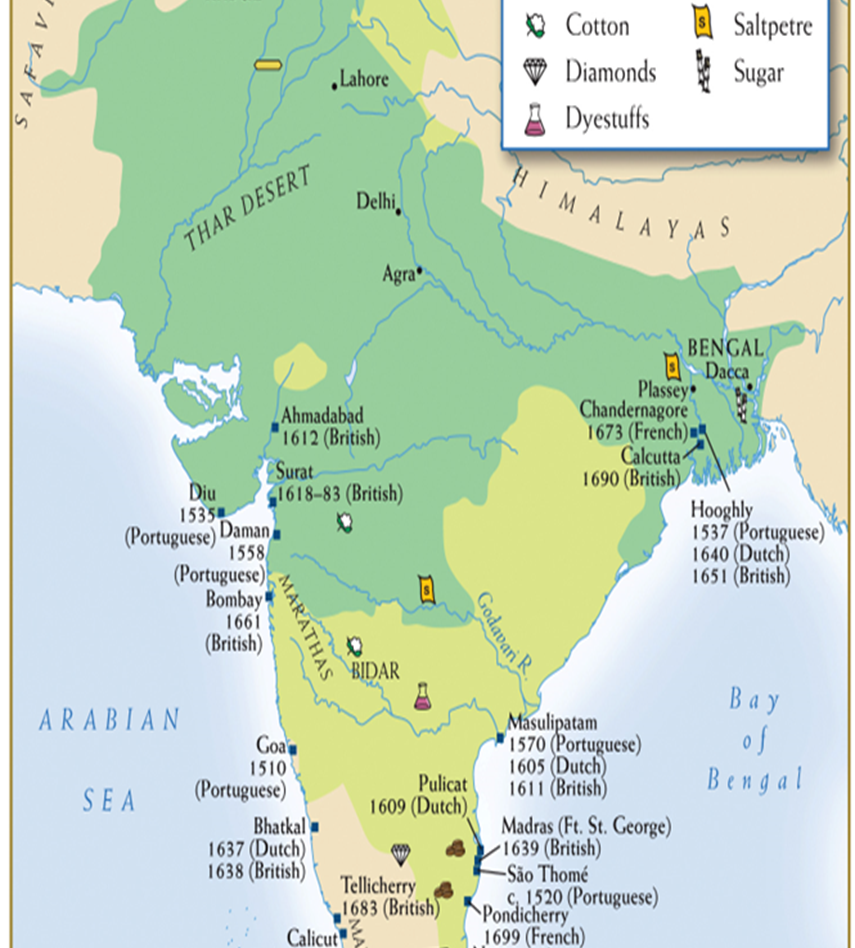
Mughal Dynasty (2)
The Mughals had a high tolerance for the religious diversity of their subjects, which differed from Europe
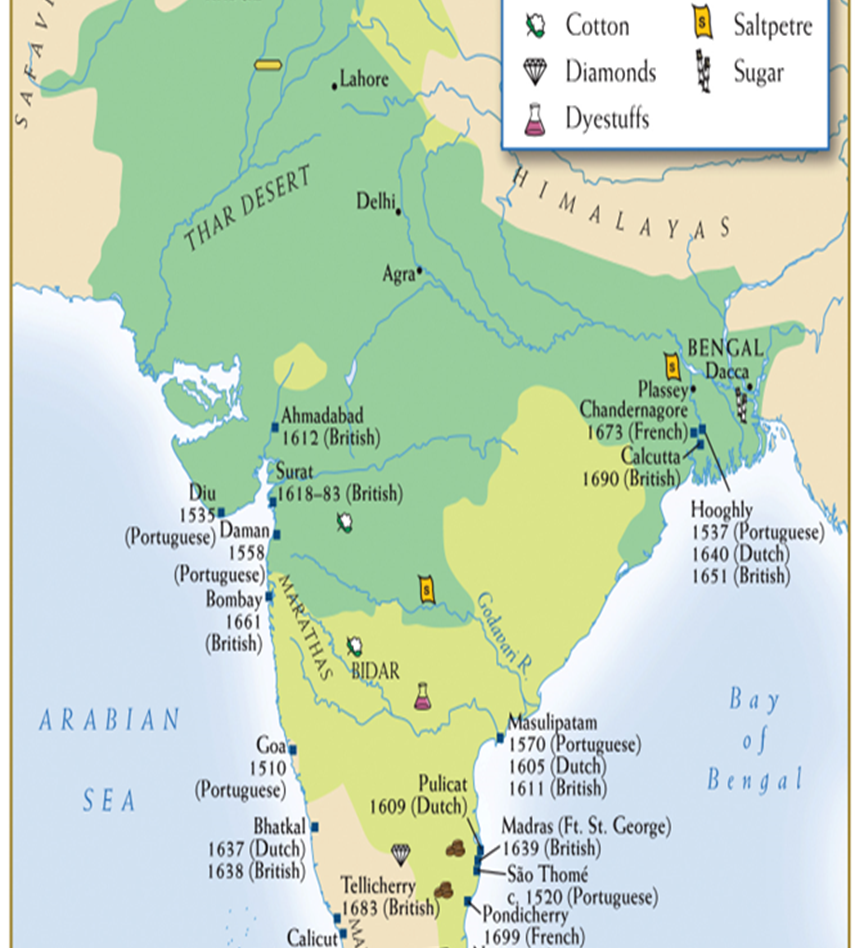
Asian Relations with Europe
European States grafted themselves onto the continent’s commercial networks